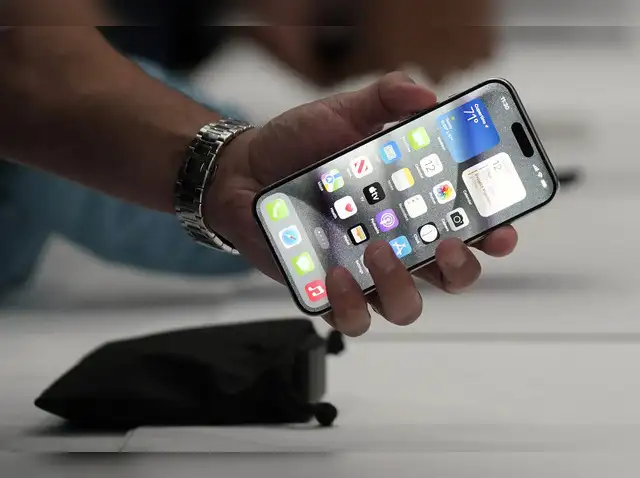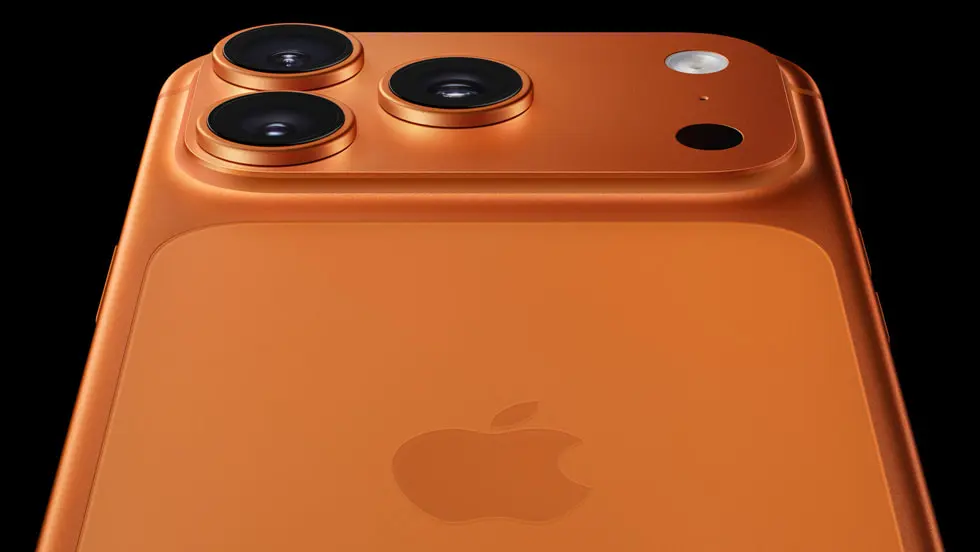Apple has officially unveiled its next-generation AI-powered chipset, designed to redefine how smartphones process data and deliver user experiences. Market analysts predict that this innovation could shift the balance of competition in the mobile industry, as Apple aims to integrate more machine learning capabilities directly into its devices.
Unlike previous generations that focused primarily on speed and efficiency, this chipset emphasizes real-time AI applications, from advanced photo editing to voice recognition and augmented reality. Experts believe the development marks a turning point, transforming smartphones into personal AI hubs.
Features of the New AI Chipset
The chipset boasts an advanced neural engine capable of performing over 20 trillion operations per second. Apple claims this upgrade will drastically improve battery efficiency while handling complex tasks like natural language processing and predictive analytics.
Another standout feature is on-device AI security, which ensures user data is processed locally without relying heavily on cloud servers. This move aligns with Apple’s strong emphasis on privacy, addressing growing consumer concerns about data protection.
Additionally, the chipset is optimized for seamless integration with Apple’s ecosystem, from iPhones and iPads to wearable devices. Developers will also benefit, gaining access to new AI frameworks designed to expand app capabilities.
Industry Reactions and Competition
The announcement has sparked reactions across the tech industry. Competitors like Qualcomm and Samsung are already working on their own AI-centric processors, but Apple’s head start could give it a decisive edge.
Market watchers note that while Android devices dominate in terms of global market share, Apple’s consistent focus on innovation and ecosystem integration allows it to maintain a strong premium segment. By embedding AI deeper into the core of its devices, Apple could secure long-term dominance among high-end users.
Implications for Consumers
For everyday users, the new chipset means faster, smarter, and more personalized devices. Applications such as health tracking, language translation, and digital assistants will run with greater accuracy and efficiency.
Gamers will particularly benefit from AI-enhanced graphics processing, which promises smoother gameplay and immersive visuals. Meanwhile, professionals using iPhones for video editing or design will enjoy desktop-level capabilities in the palm of their hands.
AI and Privacy Concerns
Despite the excitement, the integration of advanced AI into consumer devices also raises ethical and privacy concerns. Critics warn that increased reliance on AI could lead to unintended consequences, such as algorithmic bias or misuse of personal data.
Apple has addressed these issues by highlighting its privacy-first approach, ensuring that sensitive data stays on the device. However, experts caution that as AI grows more powerful, ongoing oversight and regulation will be essential.
Economic and Market Impact
The introduction of Apple’s AI chipset is expected to ripple through global supply chains and stock markets. Semiconductor manufacturers are gearing up to meet rising demand, while app developers are preparing to leverage new AI capabilities.
Investors have responded positively, with Apple’s stock experiencing a notable uptick following the announcement. Analysts predict the innovation will drive record-breaking sales for upcoming iPhone models, boosting Apple’s dominance in the smartphone sector.
Global Tech Race Intensifies
Apple’s move also intensifies the broader global race in AI and semiconductor technology. With governments worldwide emphasizing tech sovereignty, the competition for leadership in AI hardware has become as much about politics as business.
The U.S. and China remain at the center of this rivalry, with both countries investing heavily in chipmaking and AI research. Apple’s innovation could bolster America’s position in this high-stakes competition, particularly as supply chain challenges continue to test the industry.
FAQs
What makes Apple’s new AI chipset different from previous versions?
The new chipset is designed specifically for real-time AI applications, offering greater speed, efficiency, and on-device privacy features.
How will consumers benefit from this chipset?
Users will experience faster performance, improved battery life, enhanced gaming visuals, and smarter applications across health, entertainment, and productivity.
How does Apple address privacy concerns with AI?
Apple’s on-device AI processing ensures user data remains secure without excessive reliance on cloud servers.
What impact will this have on the smartphone industry?
The chipset could give Apple a competitive edge, pushing rivals to accelerate their AI development strategies.
Is this part of the global tech rivalry?
Yes, advancements in AI and semiconductor technology are closely tied to geopolitical competition, especially between the U.S. and China.
Conclusion
Apple’s next-generation AI chipset signals a bold step into the future of mobile technology. By integrating advanced machine learning and privacy-first design, the company has positioned itself at the forefront of the smartphone revolution.
The ripple effects will be felt not just by consumers, but across industries and global politics. As AI continues to shape the future of technology, Apple’s innovation may well redefine the way the world interacts with its devices.







